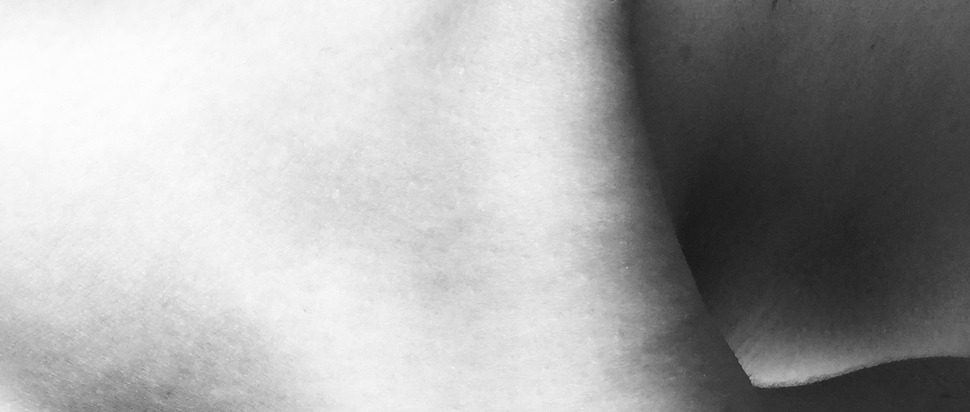The Chimeral Sounds and Comforting Timing of Rowan McIlvride
The winner of Edinburgh College of Art's inaugural Cultural Criticism Prize – for critical responses to 2020's digital degree show – shares a piece of writing on Rowan McIlvride's You Know It Better
Picture this: it’s a typical Edinburgian day (that is to say, dreary at best) and there is nothing extraordinary or peculiar about it. You’re pacing through the Edinburgh College of Art Degree Show in a slightly damp jacket, maskless and huddled into installation rooms and peeling your way through new up-and-coming works of art. Then, horrifyingly, you are called into an even smaller room to sit closer to your fellow damp-maskless-huddling-peeling-brethren to listen to a piece of sound art bellowing from speakers, opening with one long, hoarse, breath.
Although Rowan McIlvride could not have predicted the contemporary associations of the opening material for her composition You Know It Better, the music student’s intimate yet formidable work benefits from the surreal and isolation-laden times we are living in.
McIlvride’s work acts as an exploration of the human body, incorporating recordings of actions such as breathing, biting, scratching and bone-crunching before throwing it in the metaphorical blender to be edited and manipulated beyond recognition. The piece is divided into Parts I and II, with each one beginning on a long, imperfect, crackling vocalisation with minimal (if any) editing. After this, the work showcases its myriad of noises which find their place within the ‘uncanny valley’ of sound.
The sheer breadth and contrast of musical material McIlvride manages to pull from the body is truly remarkable: industrial rhythms; ethereal inhuman chants; zingy sonic dashes; and a sound that can only be described as the deep-voiced big brother to the ondes Martenot, which is frequently heard monothematically rumbling underneath textures. Only occasionally are you pulled back out of the spectacle and reminded through a close whisper or spoken word that the origins of these other-worldly sounds are natural. Through these unsettling transformations, McIlvirde battles the disconcertingly intimate and spine-tinglingly enormous all within the spectacle of something terrifyingly organic.
This composition would be worthy of praise in any year of the degree show, but in times like this its meditation on the body and self are at once a topical point of accessibility and a beacon on its laudable qualities. McIlvride’s work would typically have been performed with several speakers around the performance hall in order to capture the binaural effects she had incorporated into her work. Due to the digitised repercussions of quarantine, the work will now be heard and understood through audience members’ headphones in the comfort of their own home. Listeners are thereby given a more personal experience of the work by default: listening etiquette and its anxieties are defunct; the work is now directly ‘performed’ to you, and the binaural effects are heightened. For example, Part II ends leaving the listener with the wonderful and inward association of neurons flying back and forth between your ears. On a piece exploring the human body and our understanding of it, this unforeseen obstacle has only proved to heighten the listener’s experience of McIlvride’s material and indeed her compositional aims.
It has become almost a joke that our sense of reality is changing under quarantine, with time feeling the most jumbled. There is nothing quite like the surreal feeling of your experience of the world being at odds with reality, and while McIlvride’s portfolio would have been well underway by the time pandemic anxiety began to take hold, its central conceit of ‘the distorted organic’ is one that both haunts and comforts in these uncertain times.
